Where do we go from here? Syrian Refugees in Turkey.
Our world has faced a stream of horrific images and stories from six years of atrocity in Syria. The war remains very real irrespective of our capacity to understand and care. The VTFF is hosting their annual panel discussion, this time, concerning the Syrian Tragedy. This theme was prompted by two powerful Turkish films that feature the experiences of Syrian Refugees in Turkey. “The Guest” will precede the panel and “More” will screen later at night.” The panel consists of distinguished experts from various universities. Stories must be told now. Films must be shown and conversations must be had about this heart-wrenching issue. Join us in the panel discussion between films on November 3 rd, 2018 at the SFU Goldcorp Centre for the Arts.
SFU Goldcorp Centre for the Arts / Saturday, Nov 3 2018, 1:45 PM
Free & Open to the public
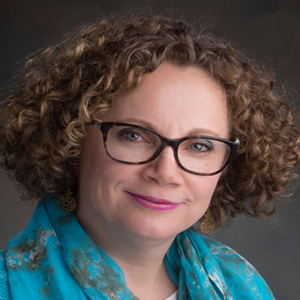
Director of the Centre for Comparative Muslim Studies at SFU
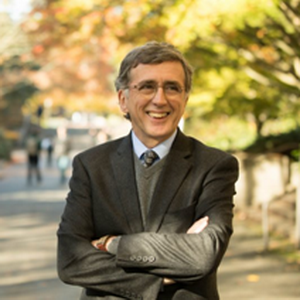
Director of Henry M. Jackson School of international studies at the University of Washington. He is an expert in the history and politics of the Middle East.
Kasaba’s main area of research has been the Ottoman Empire, Turkey and the Modern Middle East. He has written on economic history, state-society relations, migration, ethnicity and nationalism, and urban history. Most recently, he edited volume four of the Cambridge History of Modern Turkey and wrote A Moveable Empire: Ottoman Empire, Migrants, and Refugees. Kasaba has received grants from the Carnegie Corporation, Andrew Mellon Foundation, Social Science Research Council, and the National Science Foundation. In 1999, he was the recipient of the University of Washington’s Distinguished Teaching Award.
Reşat Kasaba was born in Turkey and completed his early education in that country. He received his B.S. in Economics and Statistics from the Middle East Technical University in Ankara (1977), and his Masters and Ph.D. in Sociology from the State University of New York at Binghamton, in 1979 and 1985 respectively.
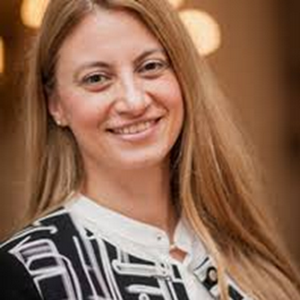
Associate Professor in International Relations from the Middle East Technical University and from UBC
Dr. Başak Kale is an Associate Professor in the Department of International Relations, Middle East Technical University (METU), Ankara. She is also the coordinator of the Migration Research Program (METUMIR) of the Jean Monnet Center of Excellence Center for European Studies. She is currently a visiting faculty at the Institute of European Studies, UBC and the UBC Migration Research Excellence Cluster. In addition to her academic positions, she is an ethics expert working for the Ethics and Research Integrity Sector,European Commission. Outside academia she is the founding and governing body member of Turkey’s first migration research specialized NGO, IGAM. She is also a founding member of the Turkey’s Refugee Council (TRC). Dr. Kale’s research covers European integration, international migration, and recently focusing more on the Syrian refugee protection and responsibility sharing. She holds the following degrees: DPhil on the impact of EU law on EU enlargement (University of Oxford); PhD in International Relations focusing on international refugee regime (METU), MSc. in European Studies (LSE) and BSc. in Political Science and Public Administration (METU).
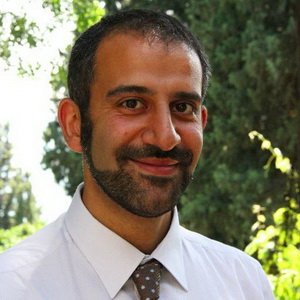
Assistant Professor of Political Science at Seattle University

Public scholarship coordinator and lecturer in Political Science at the University of British Columbia
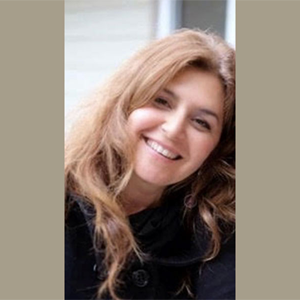
MA in Education from Northern Arizona University
MEd in Social Studies from UBC
